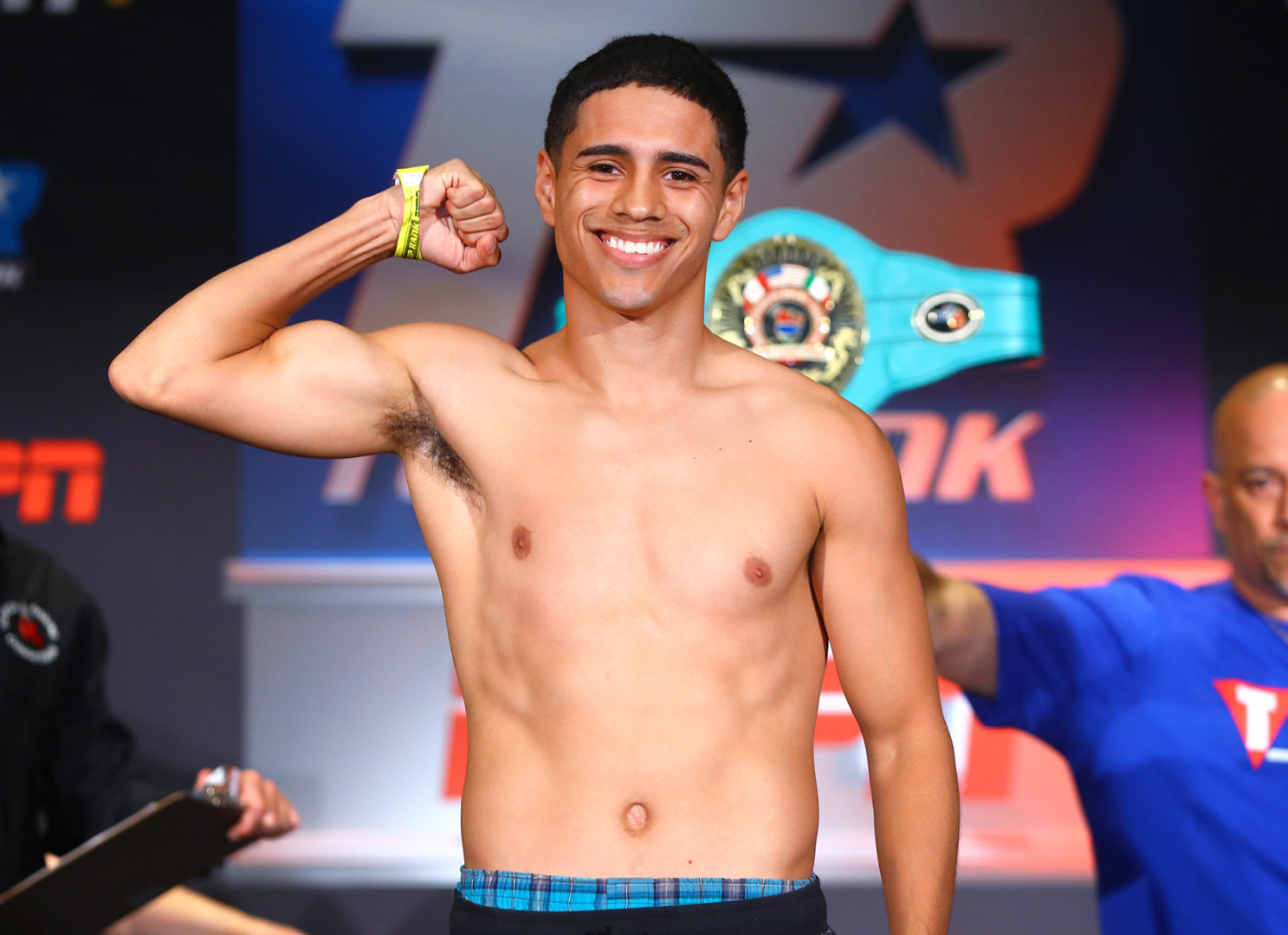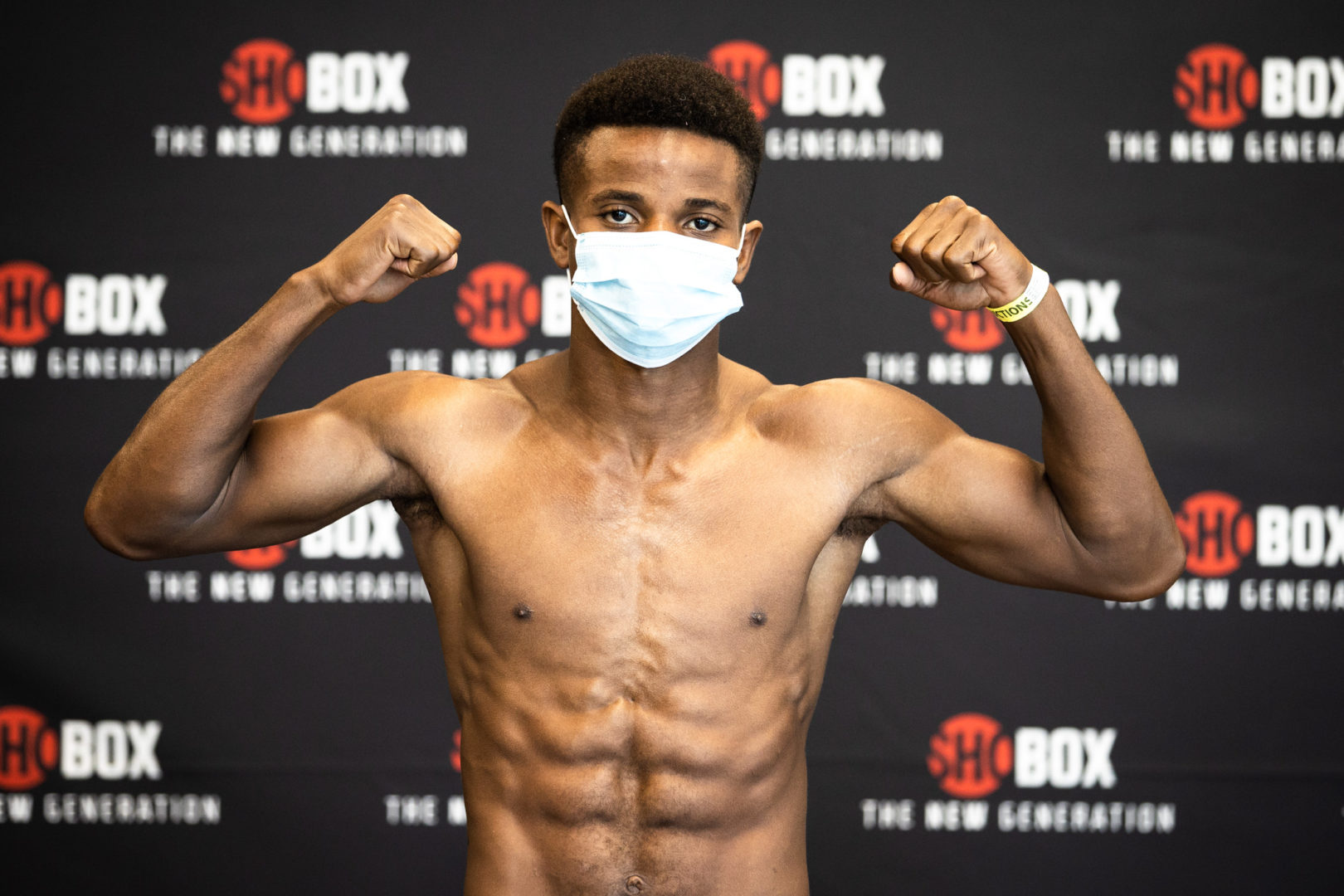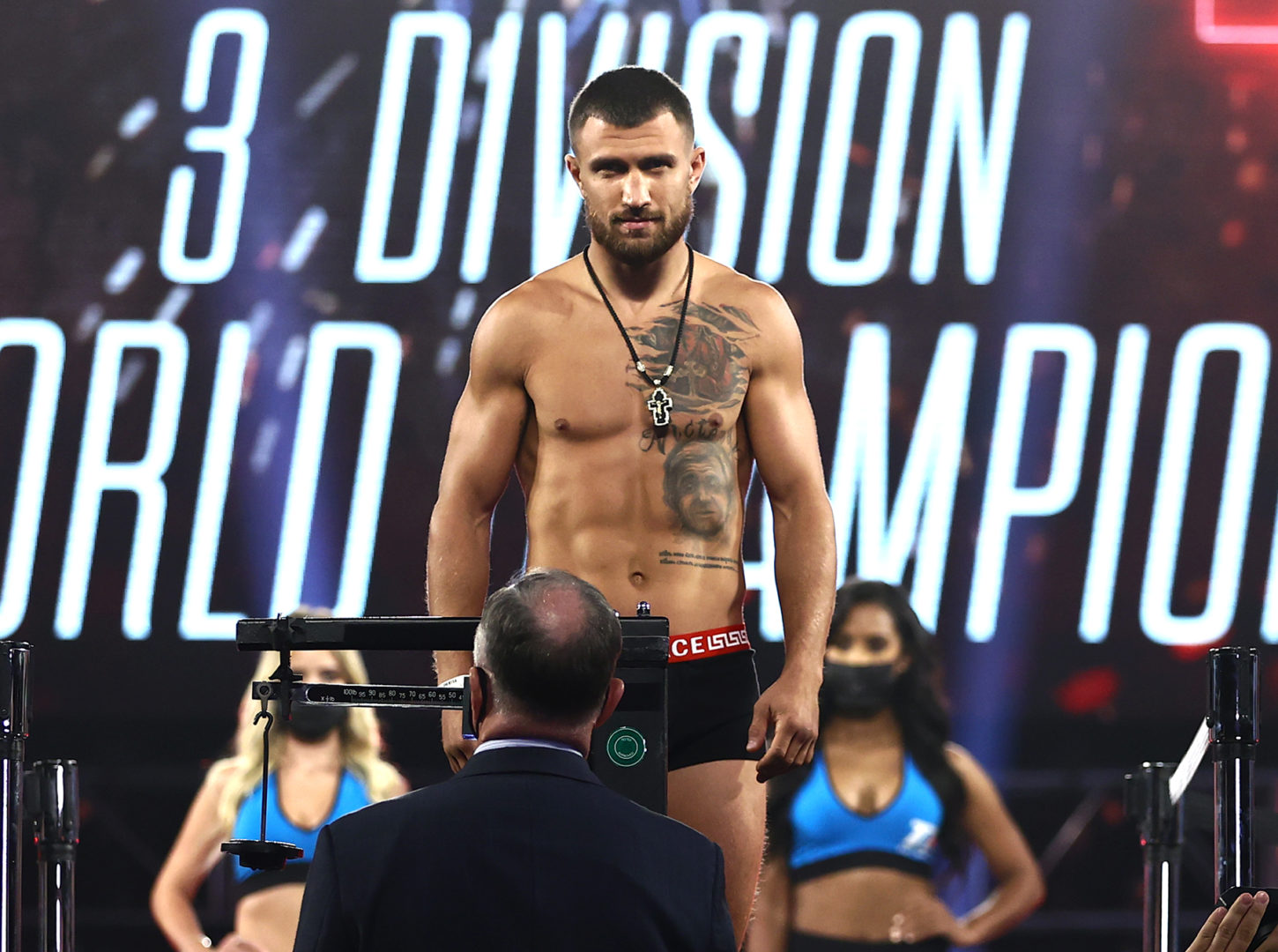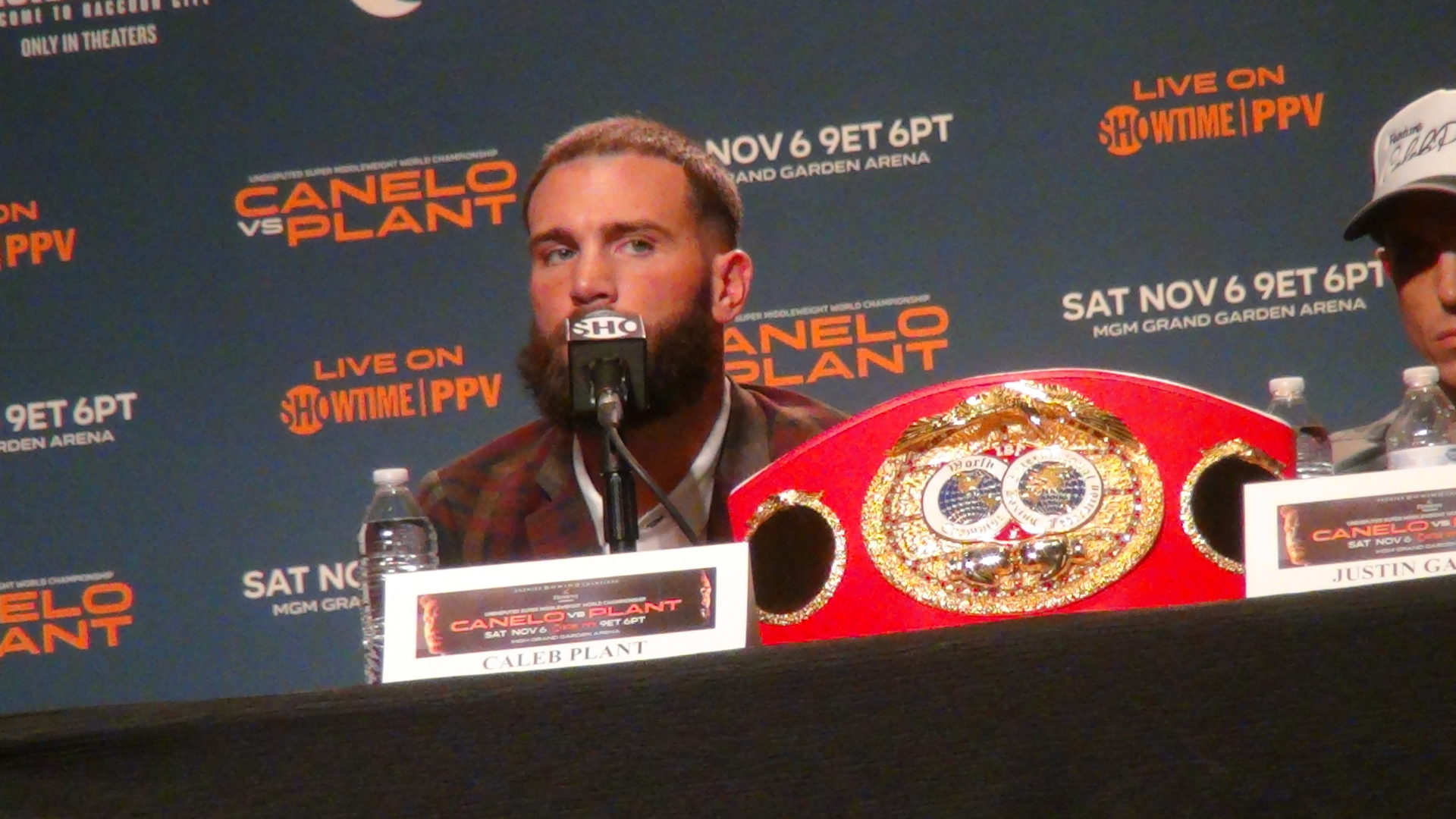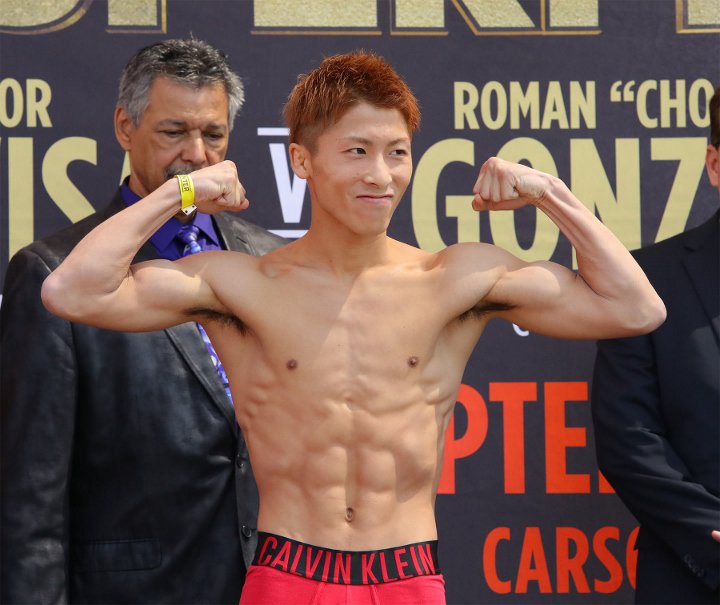
By Norm Frauenheim-
It was a defining fight for Naoya Inoue. It was also a reason for caution.
In watching Inoue’s courageous brilliance in a unanimous decision over Nonito Donaire early Thursday morning, it was hard not to be reminded that there is huge drama packed into boxing’s smallest weight classes.
From Ricardo Lopez to Michael Carbajal to Roman Gonzalez and now Inoue, there has always been this singular mastery of tactical skill, footwork, instinct and guts. All of those elements make them look bigger. But they’re not.
Inoue, a champion in all three flyweight classes, tested himself against an aging, yet bigger Donaire in a bantamweight bout. For 10-rounds, he fought with blood from a long, deep cut below his right eyebrow dripping into his eye and down his cheek like tears.
He said he suffered from double vision. Yet, he never lost sight of what he wanted. And wants.
“I’m not the greatest of all time, yet,’’ he said while standing in the middle of the ring in Saitama, Japan. “I think I have to go over the fight and get stronger. Next year and on, I’ll keeping fighting. I’ll be victorious.
“I want to be the strongest of all time.’’
Therein lurks the danger.
All-time, at least in this era, means moving up the scale. That’s what Canelo Alvarez was doing just a few days ago in his self-proclaimed pursuit of history in taking a fourth division title, light-heavyweight, in an 11th-round stoppage of Sergey Kovalev.
For the smallest fighters in the business, moving up in weight is an even bigger hazard. Their smaller frames mean every single pound is a little bit bigger. Against Donaire, there were moments when that small difference in pounds was evident in multiples. Donaire, who has fought at featherweight, rocked him. Cut him.
Inoue fought through all of it, yet it was impossible not to think of an old line, as true now as ever.
To wit:
There are weight classes for a reason.
Now, the 26-year-old Inoue has a Top Rank contract and is expected to continue his career in the United States. Already, there’ s speculation of a fight with Mexican junior-featherweight Emanuel Navarrete, an emerging star after successive victories over Isaac Dogboe.
At 5-foot-7, the Top Rank-promoted Navarrete, 24, is more than two inches taller than Inoue, who is 5-5 ½. Navarrete’s reach is listed at 72 inches, five more than Inoue’s 67. He is rapidly growing into a full-fledged featherweight.
Would he fight Inoue? Of course. Inoue is really a flyweight, whose emerging stardom on different sides of the world is expected to generate heavyweight money.
Inoue might find himself in the same situation as Vasiliy Lomachenko, also a Top Rank fighter. Both are ranked among the top four pound-for-pound contenders in virtually every rating.
In the chase for bigger money and wider fame, Lomachenko has also been moving up the scale. He’s a featherweight campaigning at lightweight. He’s winning, but not without injuries that began with stoppage of Jorge Linares in May 2018. Lomachenko underweight shoulder surgery after that one.
Now, there’s talk that he wants to go back to his natural weight, 126 pounds.
“He wants to go down, because he’s getting touched up,’’ Gervonta Davis said last week while talking about his own move up to lightweight against Yuriorkis Gamboa on Dec. 28 in Atlanta.
Perhaps, that’s for any little guy in any era a lesson for any era. Inoue, the reigning Lord Of The Flies, doesn’t have to go anywhere, at least not in terms of weight.


